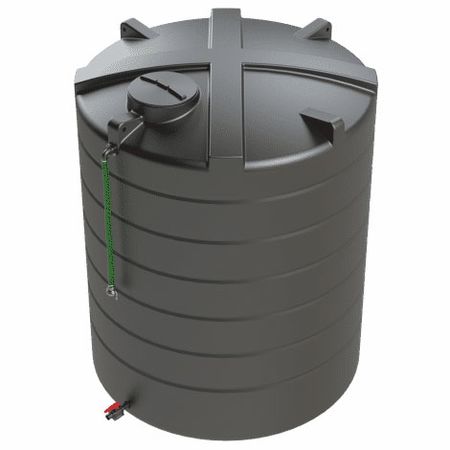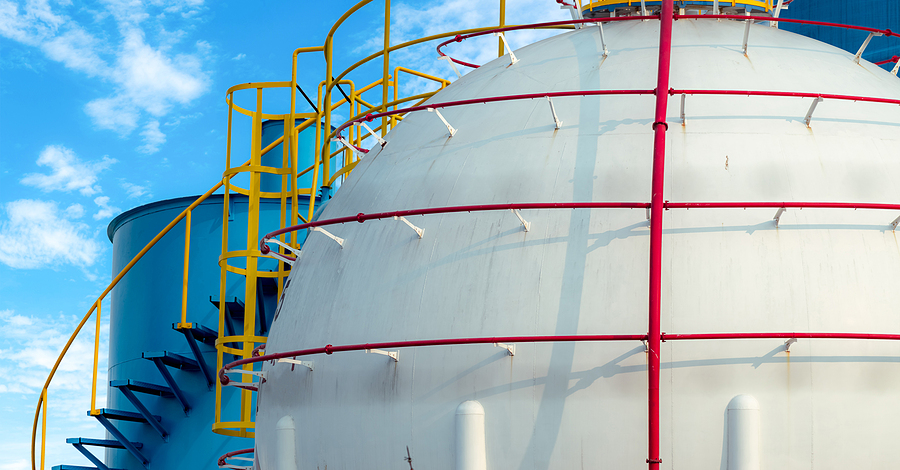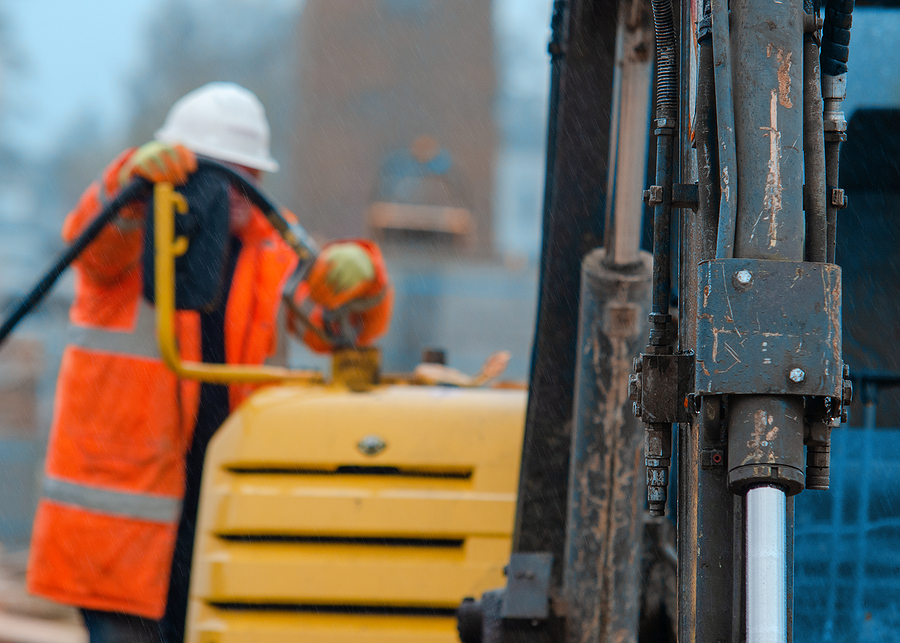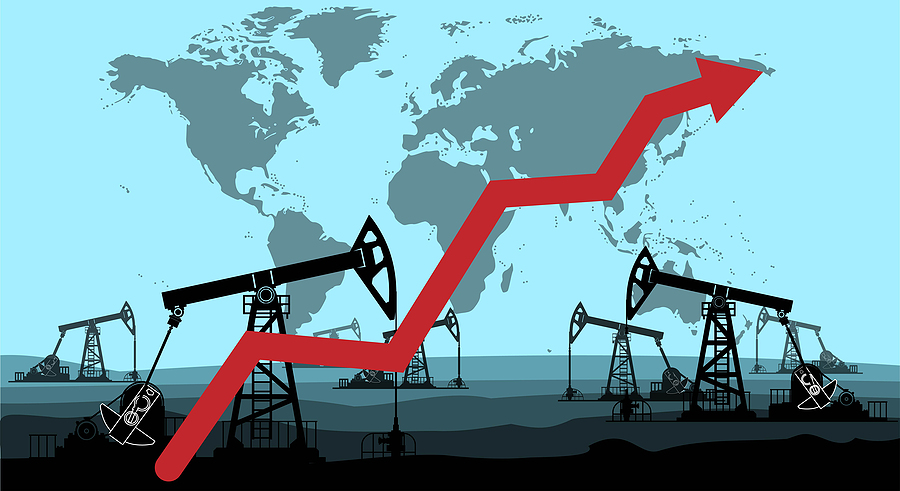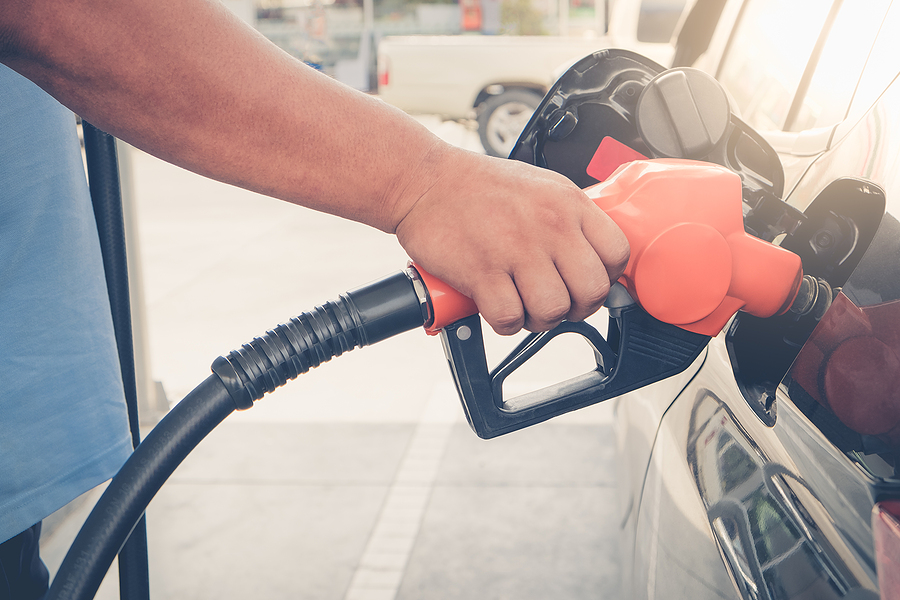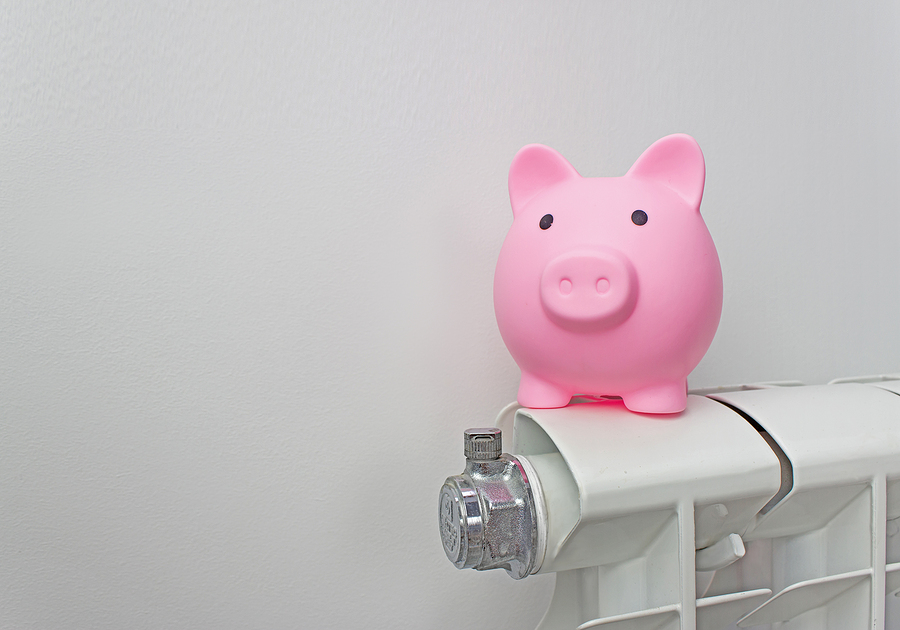UK Diesel Prices Hit Seven-Year High
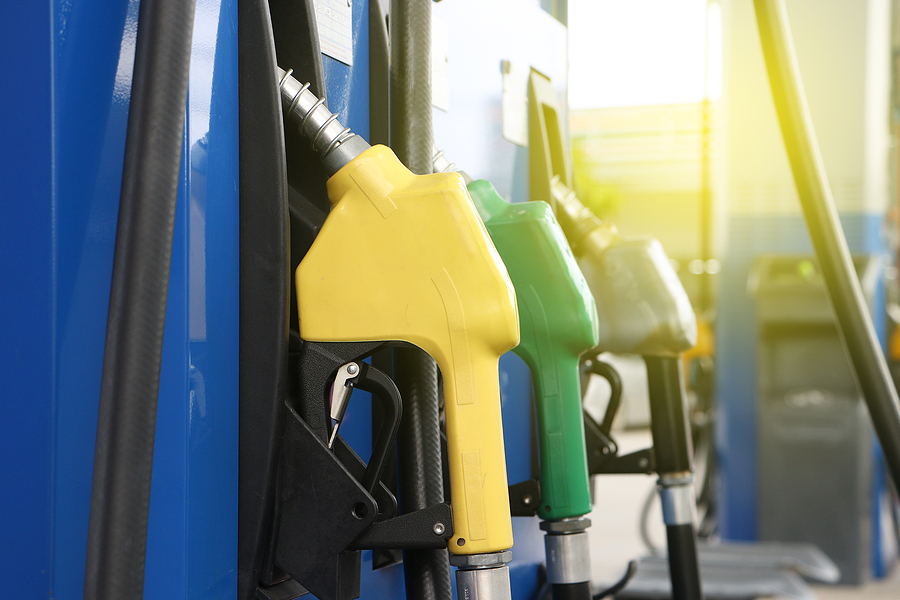
The average price of diesel in the UK has soared to its highest levels since 2014, as the emergence of advanced economies from the pandemic has placed upward pressure on fuel prices.
According
to the RAC
, the cost of filling up is now at a seven-year high, following
nine months of continual price increases. Petrol is also a victim of what the
organisation described as “relentless” upward pressure, and now at its highest
since 2013.
This suggests that for those who use large
quantities of fuel, now may be a very good time to
buy diesel fuel dispensers, in order to store
large quantities of the fuel and provide some protection against further rises
as demand continues to increase.
RAC Fuel watch noted that a litre of diesel
was up by 2.7p and petrol by 3.4p in July. This means that filling a 55-litre
tank of diesel now costs £10.46 more than it did a year ago.
Fuel Watch spokesman Simon Williams said: “Right
now it’s hard to see what it will take for prices to start falling again,”
noting that the trend for oil demand is only heading in one direction as vaccines
increase confidence in the prospects for economic recovery.
He added: "Unless major oil producing
nations decide a new strategy to increase output, we could very well see
forecourt prices going even higher towards the end of the summer.”
Another potential factor that could push up
oil prices would be a supply crisis in the Middle East.
The oil tanker Ashphalt Princess was
briefly hijacked this week in the Persian Gulf and ordered to sail to Iran,
Lloyds
List Maritime Intelligence
has confirmed, following a fatal drone stroke on
an Israeli-registered tanker nearby late last month.
At present, Lloyds List has stated, the overall risk to shipping remains “level”, but this may change if there is a continuous spate of attacks, with western nations accusing Iran of being behind the recent incidents.



